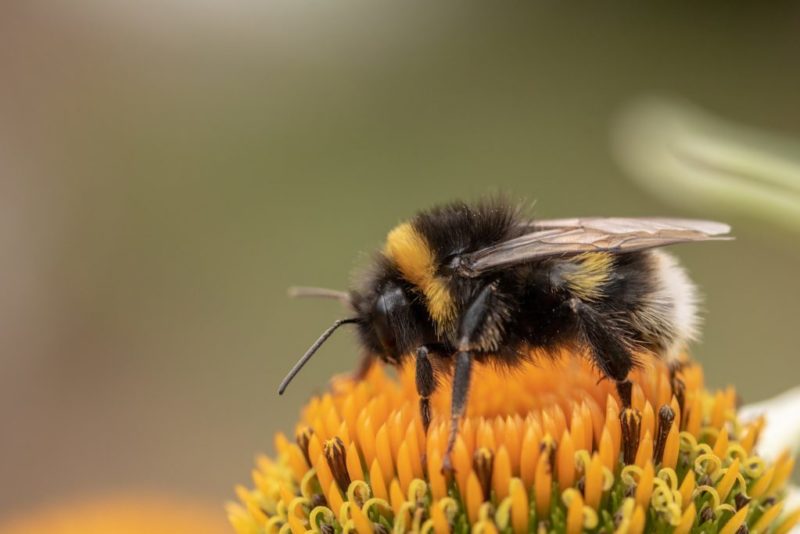Yasmin Qureshi Labour Member of Parliament for Bolton South East

There are myriad pollinators in the insect world whose contributions to natural diversity can too easily be overlooked.
Since 1900, Britain has lost 13 of 35 native bee species, and we risk losing more if we do not act to protect them, particularly from bee-killing and bee-harming pesticides. They are essential to the future of our planet, to pollinating our crops and to the rich tapestry of biodiversity we have. Unfortunately, the loss of bees has become symbolic of the decline in nature in the UK.
I believe we need proper measures to protect our pollinators and I supported the Lords amendment to the Environment Bill on this subject.
The amendment would have required assessments of the long-term effects of pesticides on bees and other wild pollinators. I believe the chemical approval system is too secretive and I would like to see it become more transparent and more environmentally friendly.
In my view, it is amazing that the impact of pesticides on pollinators is not already assessed before approvals are given. We must that ensure our farmers can protect their crops, by providing better support for the sector and by accelerating the introduction of blight-resistant crops, but we need to protect our pollinators at the same time.
I am disappointed that the Government believes its existing regulations strike the right balance and that it voted down the amendment, removing it from the Bill at its Second Reading on 20 October.
As you may know, neonicotinoid pesticides were banned across the EU in 2018 due to their harmful impact on bees and pollinators, and the UK Government committed to maintaining these restrictions post-Brexit.
Earlier this year it authorised an exemption to treat sugar beet in England in 2021. I supported an amendment to the Environment Bill in January that would have prevented this by ensuring greater parliamentary scrutiny of exemptions. Unfortunately, the Government voted it down. Ultimately the pesticide was not needed this year and was not used.
I can assure you that I will continue to monitor developments in this area closely and oppose the use of neonicotinoids, such as thiamethoxam.
